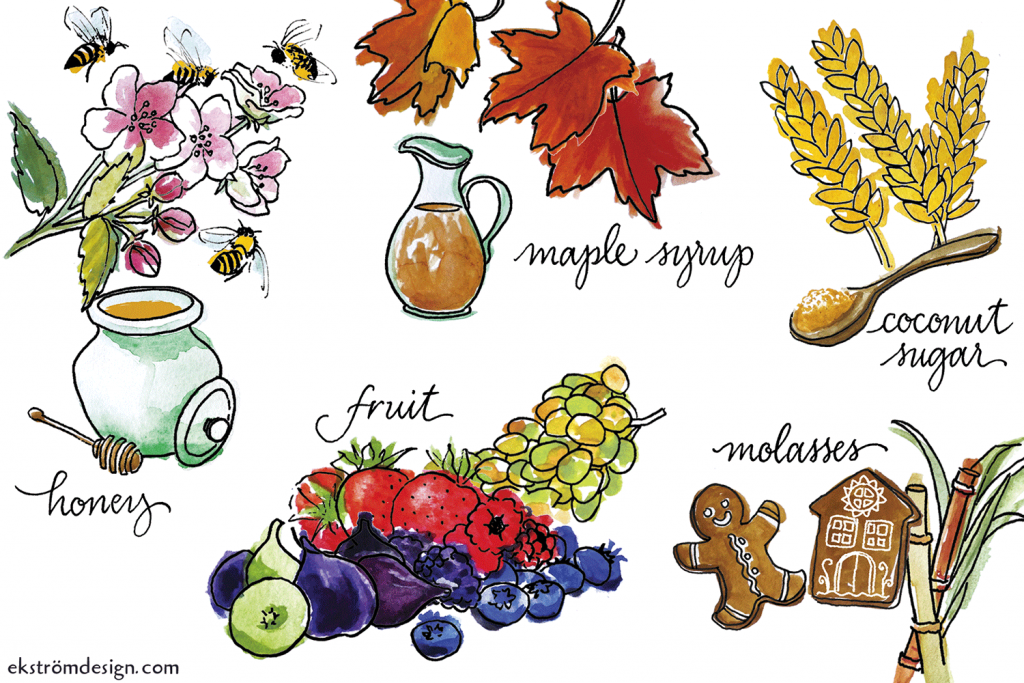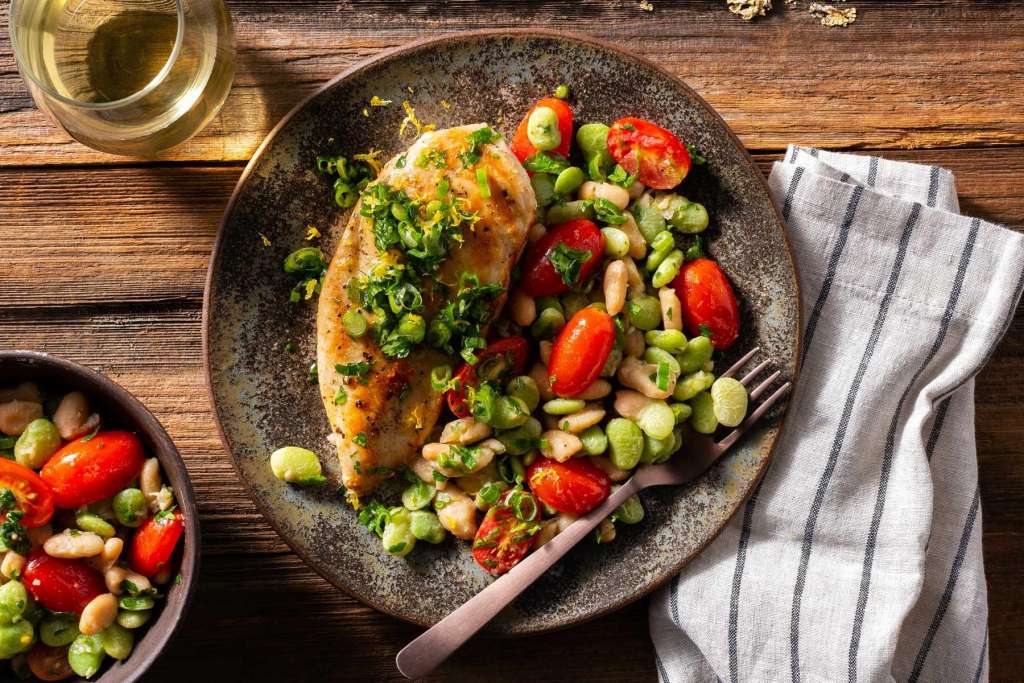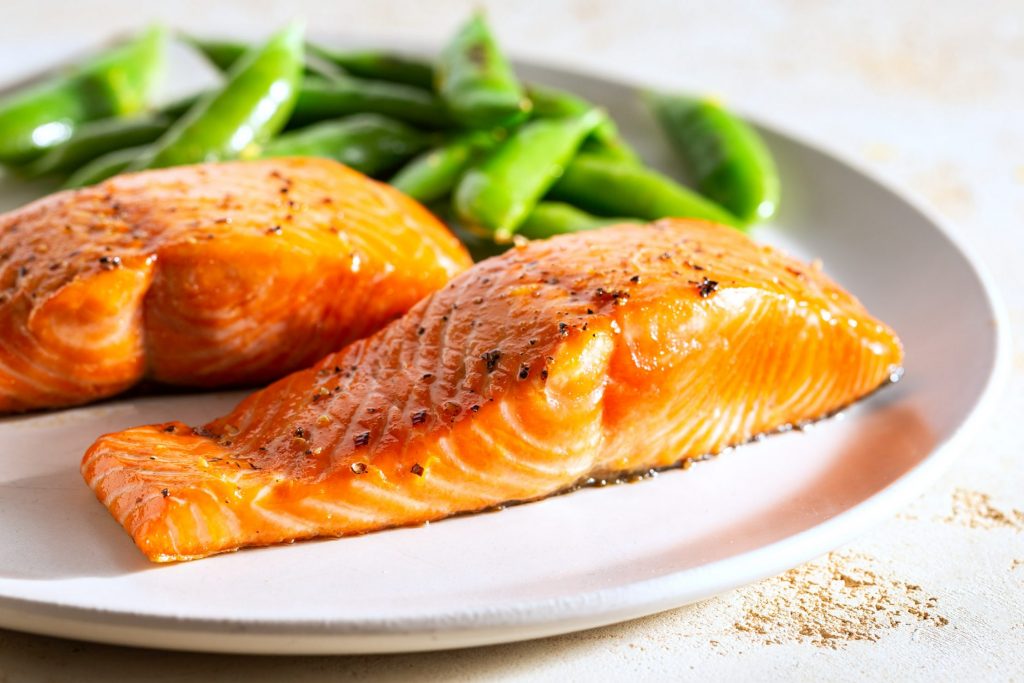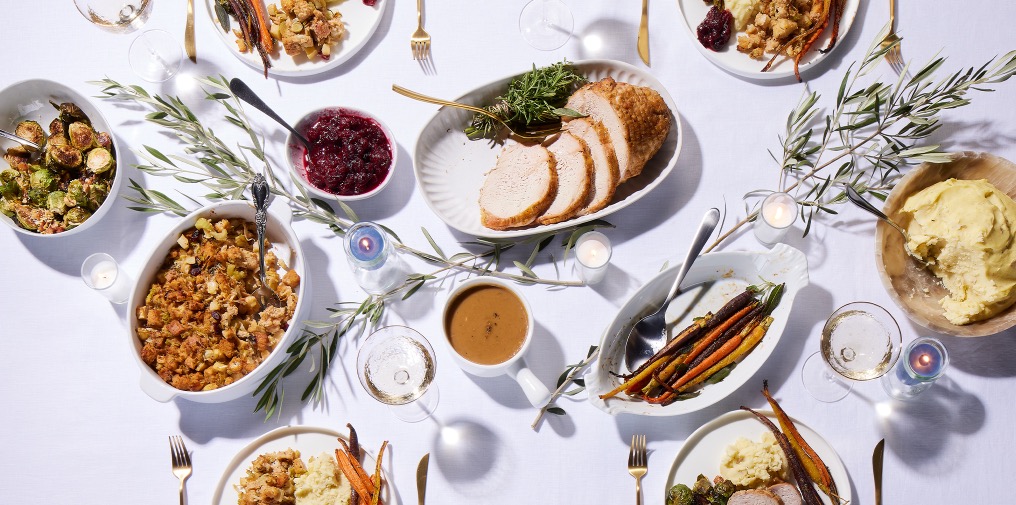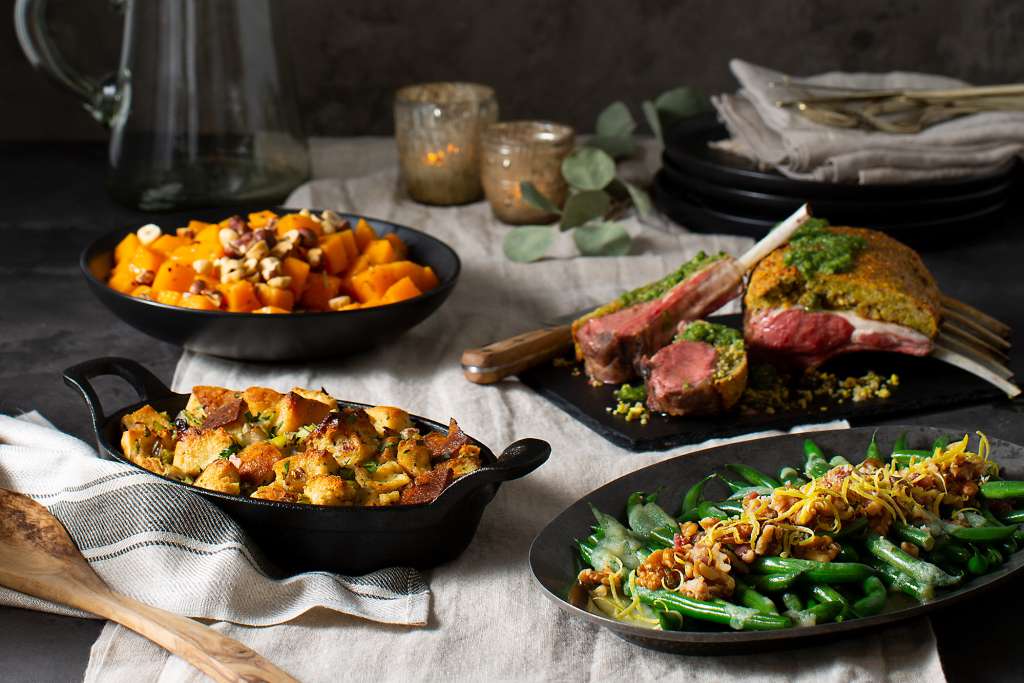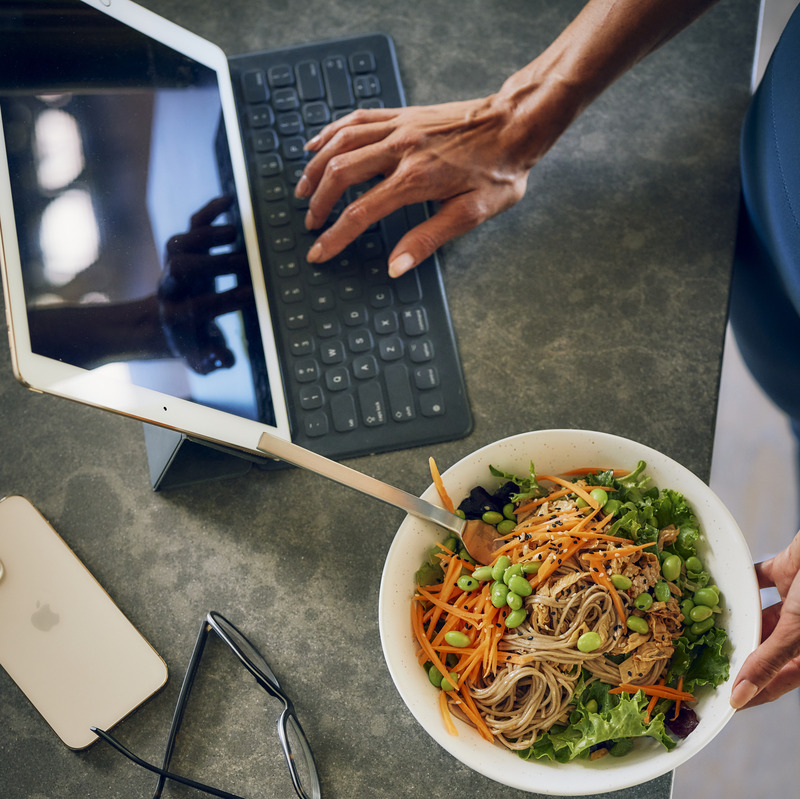Before You Give Up on Gluten
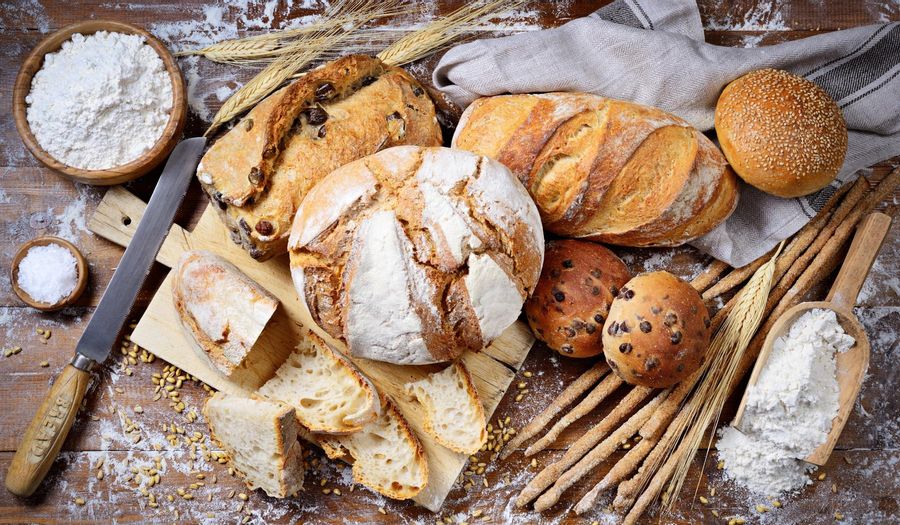
If you’re considering breaking up with bread, it’s important to verify whether it’s the right move for you. Recent studies have found a gluten-free diet to be associated with an increased risk of diabetes and heart disease. Before blindly joining the GF club, do your homework.
Don’t self-prescribe.
It’s important to identify the root cause of your GI distress in order to determine the proper plan of action and identify long-term risks. Going gluten-free without a diagnosis can do more harm than good.
Don’t trade junk for junk
Gluten-free isn’t synonymous with nutritious. Replacing a traditional cracker or cookie with a gluten-free cracker or cookie doesn’t magically turn a refined carb into a healthy one.
Don’t have gluten guilt.
If you’ve determined that gluten and your body get along just fine, embrace it. Some of the longest-living, healthiest populations on earth enjoy diets rich in gluten-containing foods.
Do get diagnosed.
It’s important to determine the cause of your symptoms, whether it’s a wheat allergy, celiac disease, NCGS, or somewhere else along the spectrum, as each diagnosis requires a different treatment plan. Pro-tip: Get tested before eliminating gluten from your diet, as a test’s accuracy relies on the presence of gluten. Going gluten free can lead to an inaccurate diagnosis.
Do work with your doctor and dietitian.
Once diagnosed, you’ll need help to come up with an enjoyable diet and lifestyle plan customized to your diagnosis that you will be able to maintain.
Do experiment.
Don’t wait for scientists to prove their pet theories—an answer may not be found in your lifetime. Instead, work with your doctor and dietitian to run your own experiments, and test your own theories. Keep a diary to track foods that spark GI distress versus those that are easily tolerated. Try an elimination diet and slowly reintroduce foods one-by-one to identify problematic ingredients. Pro-tip: Try out some of our favorite gluten-free Sun Basket recipes.
Do focus on whole foods.
Whether going gluten free is necessary or not, these common-sense rules of healthy eating will always be true. Continue to focus on whole, real foods that are as minimally processed as possible. Celebrate nutrient dense fruits, vegetables, nuts, seeds, legumes, and high-quality proteins as all of these items are innately gluten free. When it comes to whole grains, explore the diverse world of naturally gluten-free grains—such as millet, sorghum, buckwheat, amaranth, teff, and quinoa.


